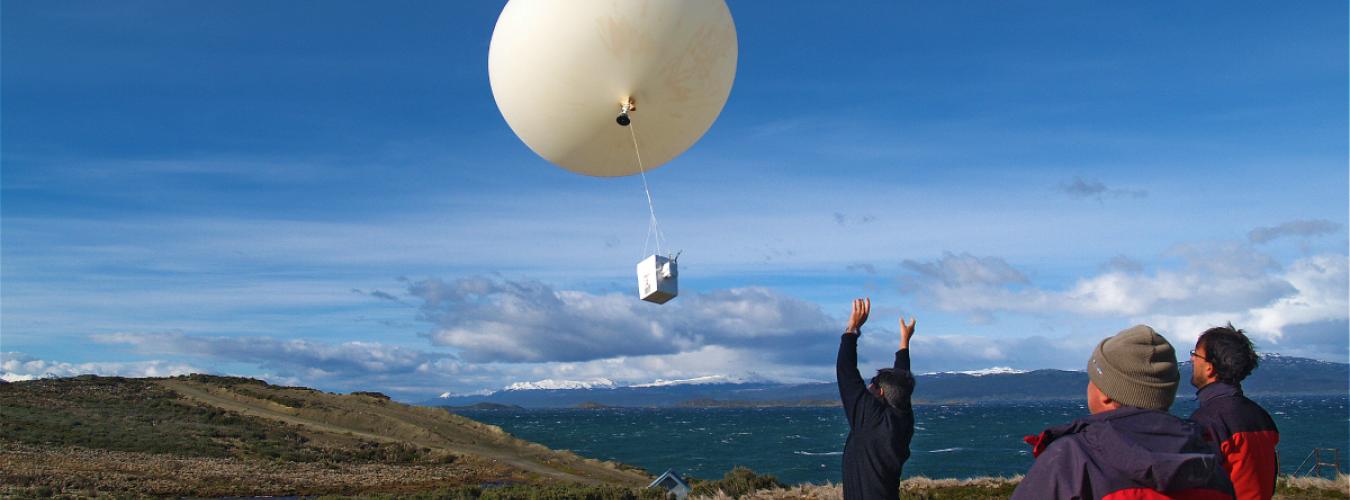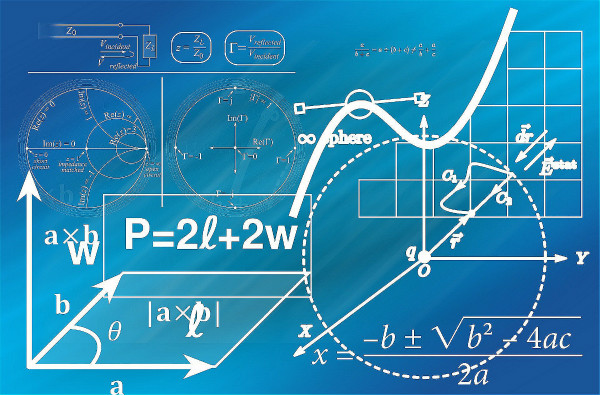日期:2023/11/07 Chinese
A Commitment to Science and Peace
International scientific collaboration is essential, not only for knowledge but also for fostering peace. The International Week of Science and Peace, observed every November, during the week of the 11th, plays a pivotal role in promoting peace. It facilitates academic exchanges on universally significant topics, increasing public awareness of the close relationship between scientific advances and achieving peace in society, emphasizing that in order to achieve one, it’s necessary to invest in the other.
Electric cars line up at the official start of the Zero Emissions Race outside the United Nations Office at Geneva (UNOG), Switzerland.

First ozonesonde at Ushuaia Weather Station, Argentina. Coordinated and guided by the World Meteorological Organization, the Global Observing System has been the major mechanism for providing continuous and reliable observational data worldwide over five decades. WMO
The annual observance of the International Week of Science and Peace is making an important contribution to the promotion of peace. The Week encourages greater academic exchanges on a subject of universal importance while also generating greater awareness of the relationship of science and peace among the general public. Based on observances of Science and Peace Week to date, it may be expected that participation each year will increase, contributing to greater international understanding and opportunities for co-operation in the applications of science for the promotion of peace throughout the year.
 Recommendation on Science and Scientific Researchers
Recommendation on Science and Scientific Researchers
The UNESCO Recommendation on Science and Scientific Researchers is an important standard-setting instrument which not only codifies the goals and value systems by which science operates, but also emphasizes that these need to be supported and protected if science is to flourish. The Recommendation promotes a fair and appropriate status of scientific researchers and informs adequate national science, technology and innovation policies, and policies to ensure that societies use knowledge from all scientific fields in a responsible manner.